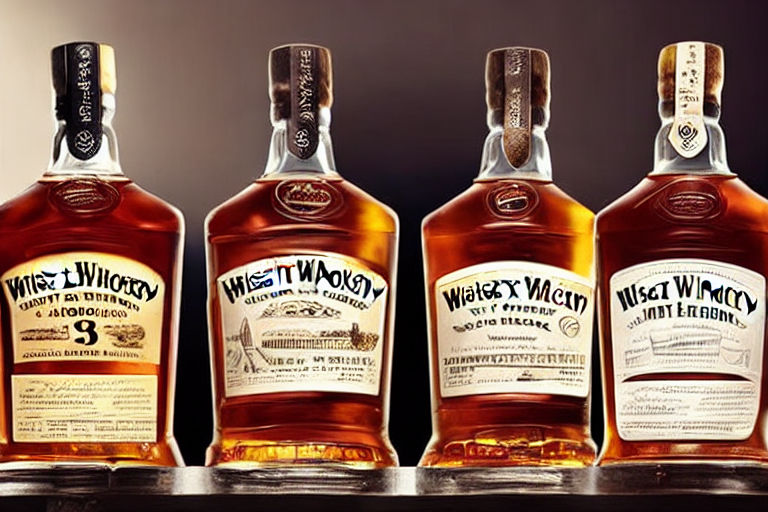From Whiskey to Whisky: Understanding the Differences between American and Scotch Whiskey.
Whiskey, or whisky, is a dark distilled spirit made from fermented grain mash. It's a popular drink around the world, with two of the most well-known types being American whiskey and Scotch whisky. While both are delicious in their own right, they differ in several significant ways.
Ingredients
The primary difference between American and Scotch whisky is the type of grain used. American whiskey is made from a mash bill of corn, rye, wheat, or barley, while Scotch whisky is made from malted barley. Another key difference is the water source, with American whiskey being made with limestone-filtered water and Scotch whisky using freshwater from Scotland's peat bogs.
Distillation
The distillation process for each spirit also varies. American whiskey is distilled in a continuous still, while Scotch whisky is distilled in a pot still. The continuous still produces a more neutral flavor profile, while the pot still allows for more unique flavors to emerge.
Ageing
After distillation, both types of whiskey are aged in barrels. American whiskey is typically aged in new, charred oak barrels, while Scotch whisky is aged in used barrels. This leads to different tasting notes, with American whiskey often having notes of vanilla and caramel from the oak and Scotch whisky having a smokier flavor from the residual peat on the used barrels.
Naming
Finally, the spelling of the word itself is another difference between the two types of whiskey. Whiskey is spelled with an "e" in America, while in Scotland, it's spelled without.
In conclusion, while both American whiskey and Scotch whisky are delicious and beloved by many, they have significant differences in ingredients, distillation, ageing, and even spelling. Understanding these differences can help you appreciate and enjoy each type of whiskey even more.



